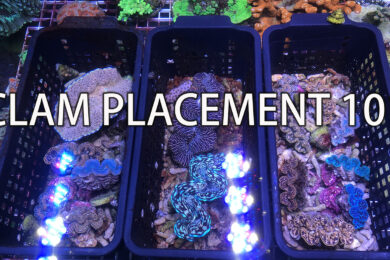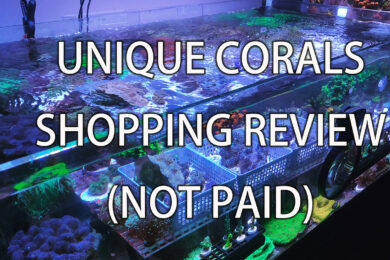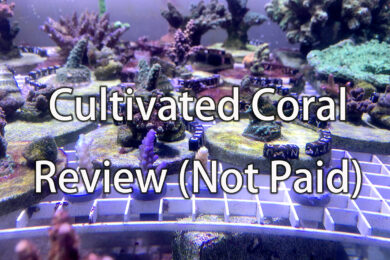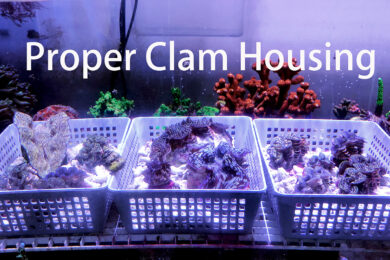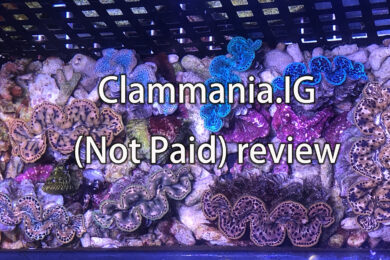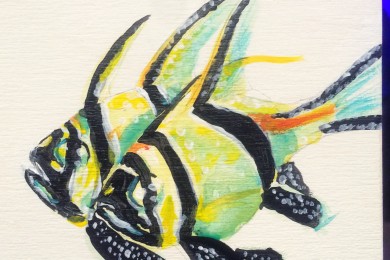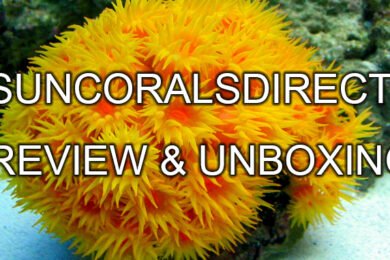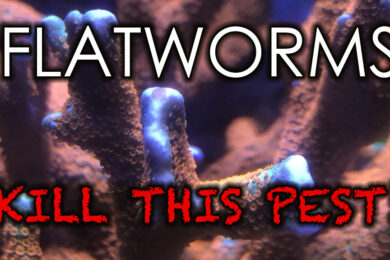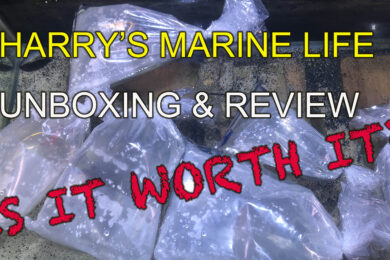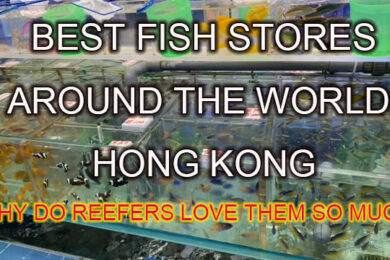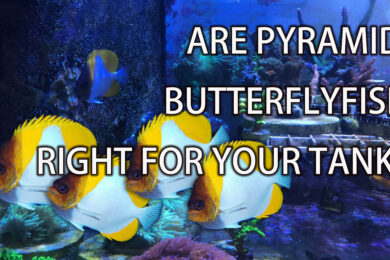Cleaner Wrasse belongs to the “reef safe” side of the wrasse family. They are small (never grow larger than 4″), colorful, and has an interesting personality as they dance from one area of the tank to another if you ever possess them. Without knowing what it takes to keep them healthy (or even alive), they do seem to be one of the more fitting candidates for a reef tanks if you are adding color and point of interest to your tank.
An even more attractive reason to get one for your tank is their ability to get into fishes tight cavity parts to pick away their external parasites (as show below, picking an Emperor Angel’s gill)
In the nature, they are known to set up cleaning stations or play “Doctors without borders” to clean other marine neighbors including the moray eel, who usually swallows any fish that fits through its mouth.
Why shouldn’t you keep it? Well, from my experiences working at aquarium retail store, they are extremely finicky in what they eat. In order to keep them alive, you MUST have a tank large enough (or with a fish population large enough) to supply a constant population of “sick” fish requiring parasite treatment from a cleaner wrasse. If you do not possess the above, you might need to does a heavy amount of variety of natural food so that they can pick off what they “like” among the things you feed. The uneaten portion of that meal will eventually contaminate your tank and create extra nitrate to poison the water for your reef inhabitants. Almost 100% of the cleaner wrasse from all the retailers I’ve worked for died from starvation (I was not in charge of ordering at that time) Therefore ever since I took over the ordering duty, I reframe myself from ordering cleaner wrasses even if a customer special requests them. I would educate them substitutes for cleaner wrasse (cleaner shrimp, neon goby, etc) that are more sustainable to the environment and are hardier to keep in their tank.
If you do see one of these cleaner wrasses in your local aquarium store, please be brace and bold to confront the managing staff to stop ordering them as their capture from the ocean is almost 100% the time a death sentence to them. Unless, that is, you have a tank a few thousand gallons in volume with a few hundred fish for it to pick through.

